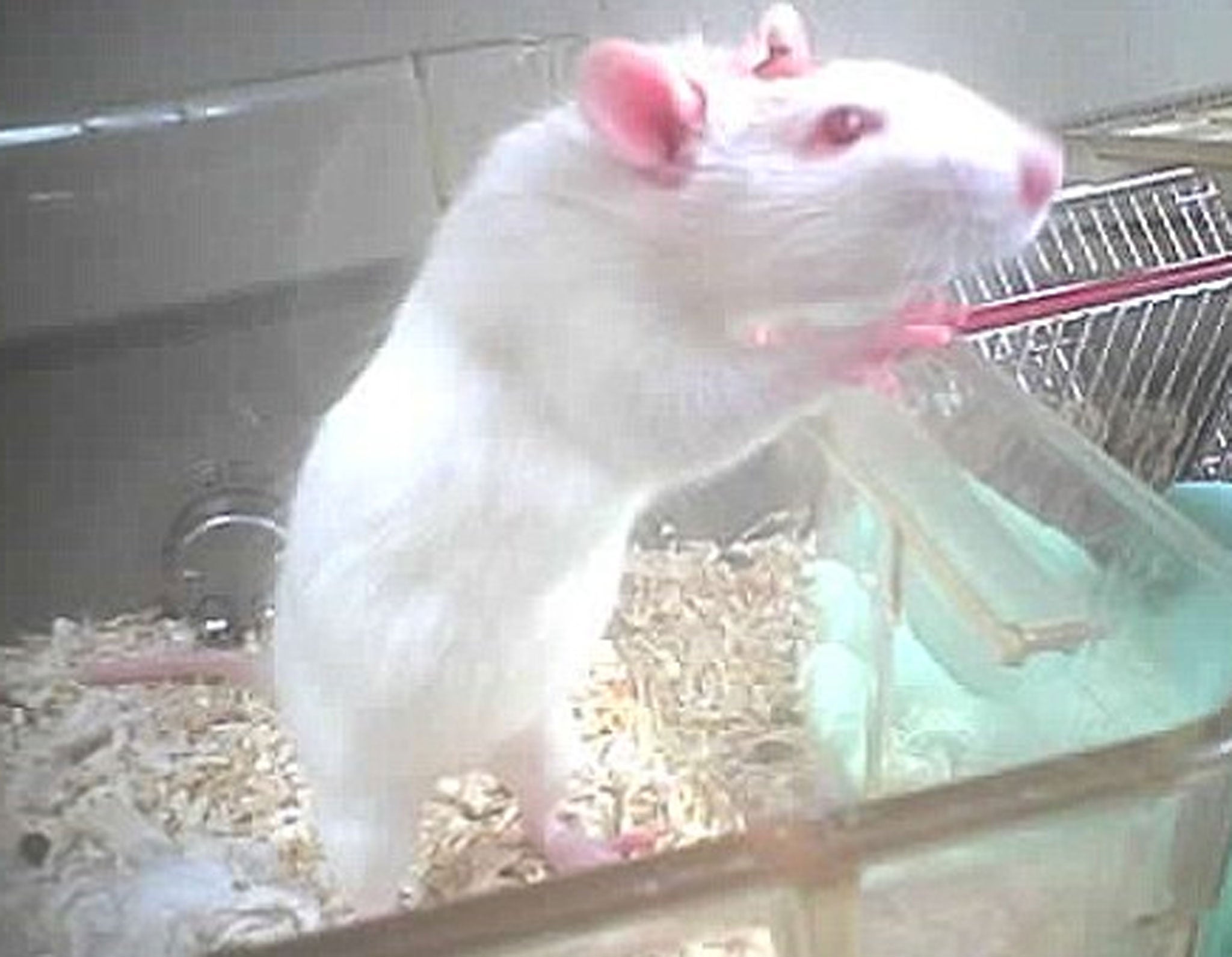The Independent's journalism is supported by our readers. When you purchase through links on our site, we may earn commission.
It isn't enough just to be appalled by Imperial's rat beheading lab methods
Experimenting on animals isn't just cruel - we're finally learning that it's not even as scientifically effective as once thought


This week, one broadcaster described the suffering of animals at Imperial College London's laboratory as “unnecessary” following an undercover investigation which revealed rats having their heads snipped off with scissors, squealing in pain and even moving during experiments at the leading UK university. “Unnecessary”, I thought, was a poor adjective because it implies that some amount of animal suffering in laboratories is “necessary”, which is far from the truth, and 2013 provided a mountain of evidence to expose this myth.
This summer, Dr Elias Zerhouni, former director of the US National Institutes of Health (NIH), the largest funder of biomedical research in the world, said this about animal tests: "We have moved away from studying human disease in humans. We all drank the Kool-Aid on that one, me included. … The problem is that it hasn't worked, and it's time we stopped dancing around the problem. … We need to refocus and adapt new methodologies for use in humans to understand disease biology in humans."
Indeed, a 2013 study a team of researchers discovered why all 150 sepsis drugs based on animal studies haven't worked in humans: the standard experimental method of burning mice's skin off doesn't actually reflect what happens in people, but tests using human cells do. The current NIH director called the finding "a heartbreaking loss of decades of research and billions of dollars". The study's lead author said, "[Researchers] are so ingrained in trying to cure mice that they forget we are trying to cure humans".
In April, human trials of an HIV vaccine – which were expanded based on experiments on monkeys – were ended because the vaccine did not actually prevent HIV infection. In fact, all of the nearly 90 preventive HIV vaccines that have made it to human trials have failed despite working in other primates.
And while the practice was banned in the UK in 1997, the US finally announced that it will retire hundreds of chimpanzees to sanctuaries and cut funding for experiments on them following landmark reports that "most current biomedical research use of chimpanzees is unnecessary" and that "research involving chimpanzees has rarely accelerated new discoveries or the advancement of human health for infectious diseases".
These cases are not exceptions, according to a 2004 FDA report, a new medicinal compound entering Phase 1 testing, often representing the culmination of upwards of a decade of preclinical screening and evaluation, is estimated to have only an eight percent chance of reaching the market.
Yet because of lax laws, institutional indifference and entrenched experimenters at facilities such as Imperial College, the number of animals experimented on in the UK has been increasing. Despite the existence of sophisticated non-animal research methods that are faster, less expensive and more relevant to humans, millions of animals continue to be imprisoned; poisoned; deprived of food, water or sleep; psychologically tormented; infected with diseases; brain-damaged; paralysed; surgically mutilated; addicted to drugs; burned; electrocuted and killed in experiments, chemical and product tests and classroom exercises.
Thankfully, people are increasingly recognising the cruelty and futility of animal testing. A 2012 Ipsos MORI poll found that 37 per cent of Brits now object to using animals in experiments and a GfK NOP poll found that 82 per cent wouldn't donate to a charity that funds experiments on animals.
Let's hope that the recent appointment of Norman Baker MP as the Home Office minister in charge of animal experiments is the government finally taking notice of the public's growing disgust with animal testing and making good on its 2010 pledge to reduce the practice.
The public was rightfully appalled by the abuse uncovered at Imperial College, but it isn't enough just to be appalled.
Let's channel our outrage, build on this momentum and make sure that 2014 brings us a year closer to a world in which every laboratory cage is empty.
Join our commenting forum
Join thought-provoking conversations, follow other Independent readers and see their replies
Comments
Bookmark popover
Removed from bookmarks